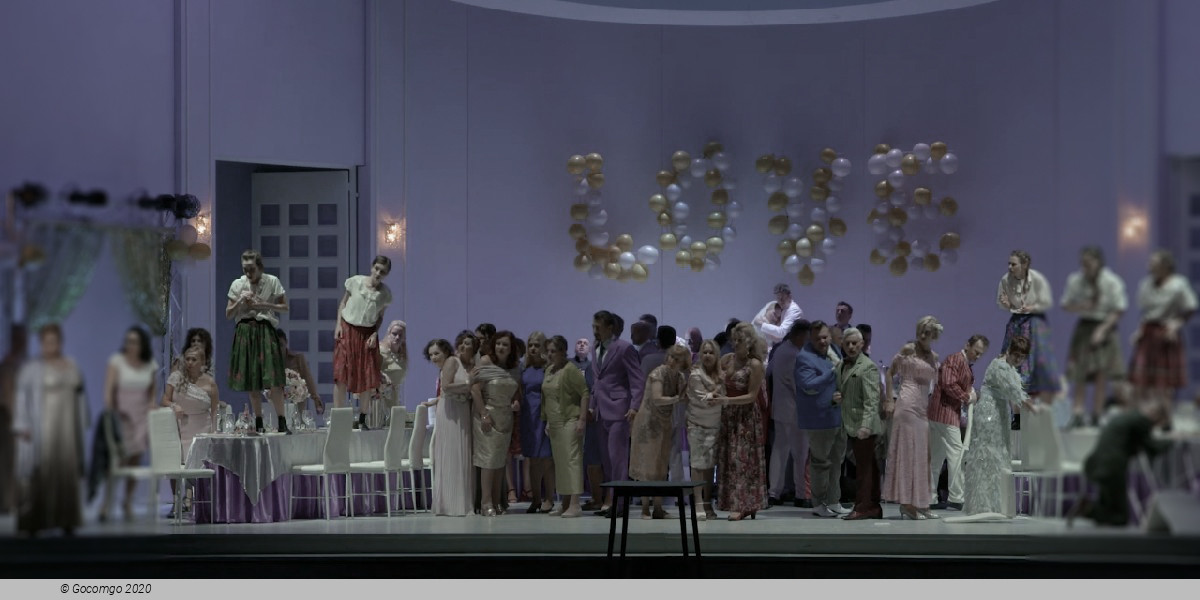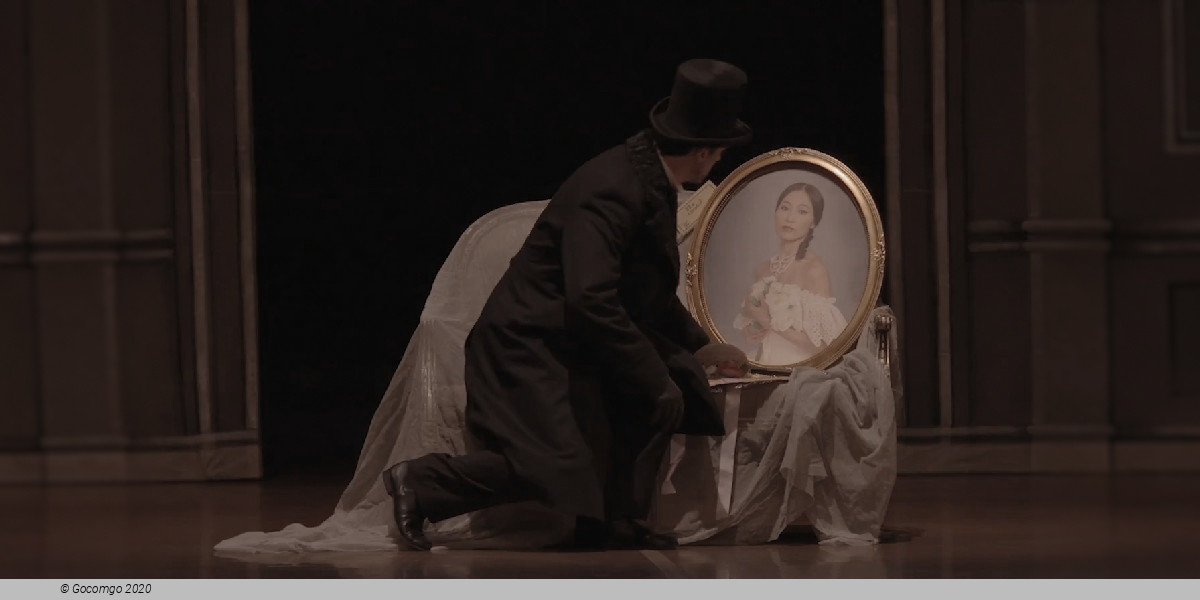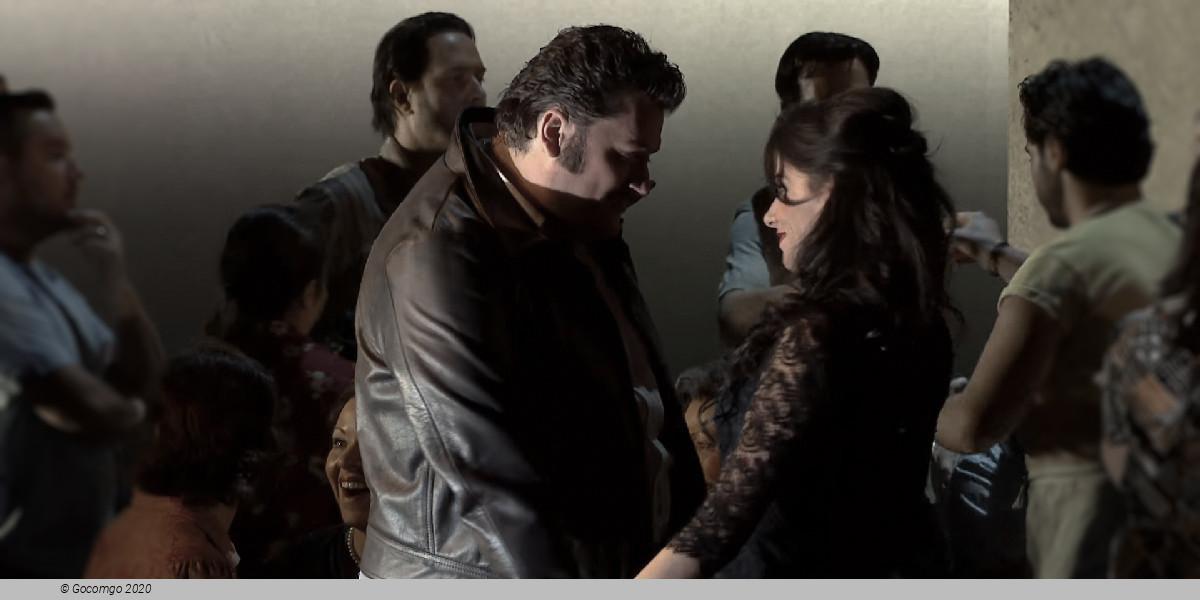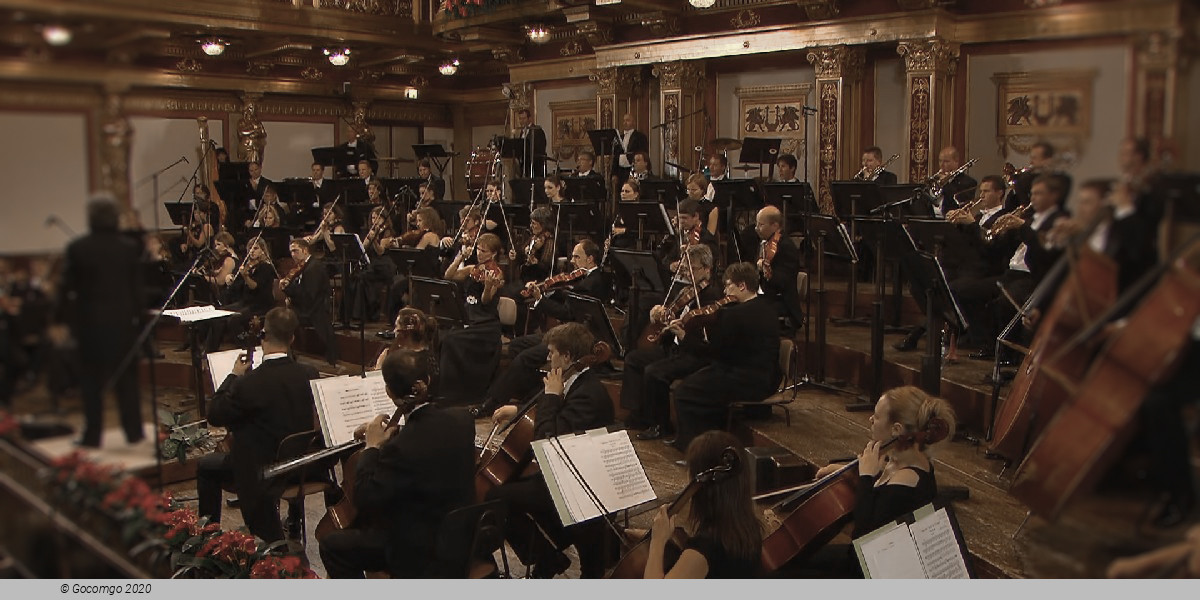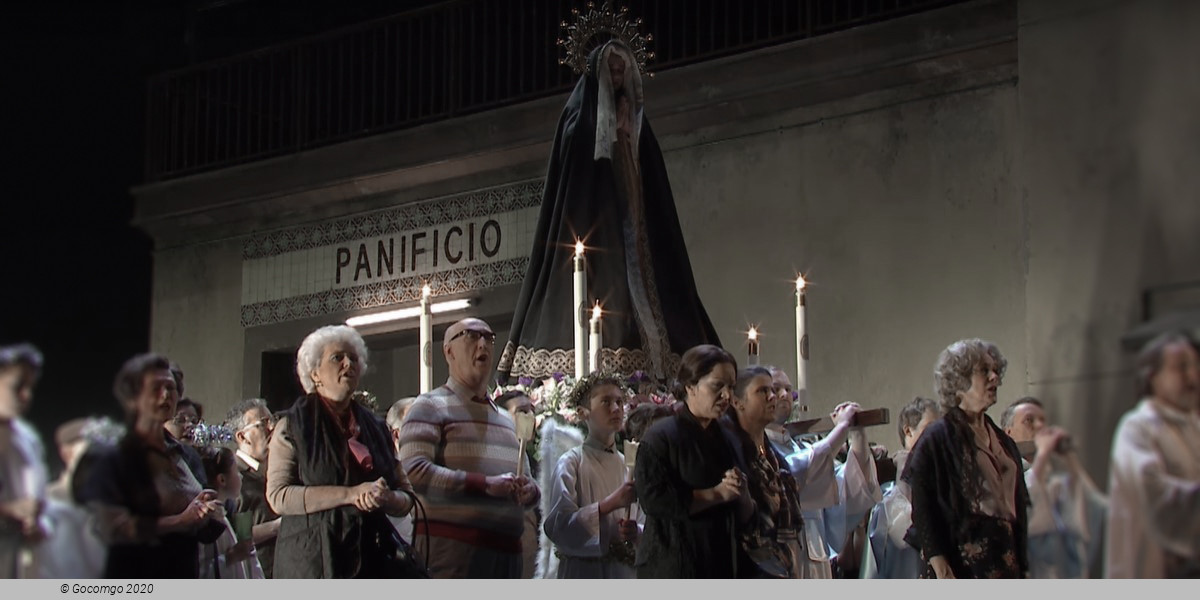Events33 results
About
Pietro Mascagni[a] (7 December 1863 – 2 August 1945) was an Italian composer primarily known for his operas. His 1890 masterpiece Cavalleria Rusticana caused one of the greatest sensations in opera history and single-handedly ushered in the Verismo movement in Italian dramatic music. While it was often held that Mascagni, like Ruggiero Leoncavallo, was a "one-opera man" who could never repeat his first success, L'amico Fritz and Iris have remained in the repertoire in Europe (especially Italy) since their premieres.
Mascagni wrote fifteen operas, an operetta, several orchestral and vocal works, and also songs and piano music. He enjoyed immense success during his lifetime, both as a composer and conductor of his own and other people's music. He created a variety of styles in his operas: a Sicilian passion and warmth of Cavalleria, the exotic flavor of Iris, the idylls of L'amico Fritz and Lodoletta, the Gallic chiaroscuro of Isabeau, the steely, Veristic power of Il piccolo Marat and the over-ripe post-romanticism of the lush Parisina.
Early life and education
Mascagni was born in Livorno, Tuscany, the second son of Domenico and Emilia Mascagni. His father owned and operated a bakery. Giovanni Targioni-Tozzetti ("Nanni") was born the same year in the same city and became Mascagni's lifelong friend and collaborator.
In 1876, at the age of 13, Mascagni began musical studies with Alfredo Soffredini, who founded the Instituto Musicale di Livorno (later called Istituto Cherubini). Soffredini had just completed his musical studies in Milan. Also a native of Livorno, Soffredini was a composer, teacher and musical critic. Mascagni started composing rapidly: between 1879 and 1880, he wrote several works: Sinfonia in do minore, Prima sinfonia in fa maggiore, Elegia, Kyrie, Gloria and Ave Maria.
Musical career: 1880–89
The premiere of Mascagni's first cantata, In Filanda, took place at the Istituto Cherubini on 9 February 1881. Performed at a musical contest in Milan, the cantata won the first prize. In the same year Mascagni met the musicians Arrigo Boito and Amilcare Ponchielli in Milan.
In 1882, he composed his Cantata alla gioia from a text by Friedrich Schiller, followed by La stella di Garibaldi for voice and piano, and La tua stella. On 6 May Mascagni left Livorno for Milan. He passed the admission examination of the Milan Conservatory on 12 October. In Milan, Mascagni met the noted composer Giacomo Puccini.
On 9 January 1883, Mascagni's sister, Maria, died. The cantata In Filanda became Pinotta, and was proposed for the musical contest of the Conservatorio, but as his registration was late, it was not accepted.
In 1884, he composed Ballata for tenor and piano; M'ama non m'ama, scherzo for soprano and piano; Messagio d'amore, and Alla luna.
In 1885, Mascagni composed Il Re a Napoli in Cremona, a romance for tenor and orchestra, on a text by Andrea Maffei. He left Milan without completing his studies. That year, he began touring as a conductor in the operetta companies of Vittorio Forlì, Alfonso and Ciro Scognamiglio, and, in Genoa, the company of Luigi Arnaldo Vassallo.
Mascagni met the impresario Luigi Maresca in 1886 and started working with him. That December, Mascagni arrived in Cerignola with Maresca's company. He was accompanied by Argenide Marcellina Carbognani (Lina), his future wife. Helped by the mayor Giuseppe Cannone, Mascagni soon left the company of Maresca, though not without problems.
He was appointed as the master of music and singing of the new philharmonia of Cerignola. His reputation grew. He also gave piano lessons. In February 1888, he began work on the Messa di Gloria. In July, Casa Sonzogno announced in the Teatro Illustrato its second competition for a one-act opera. The following year, Mascagni completed his composition of Cavalleria rusticana on 27 May and sent the manuscript to Milan.


